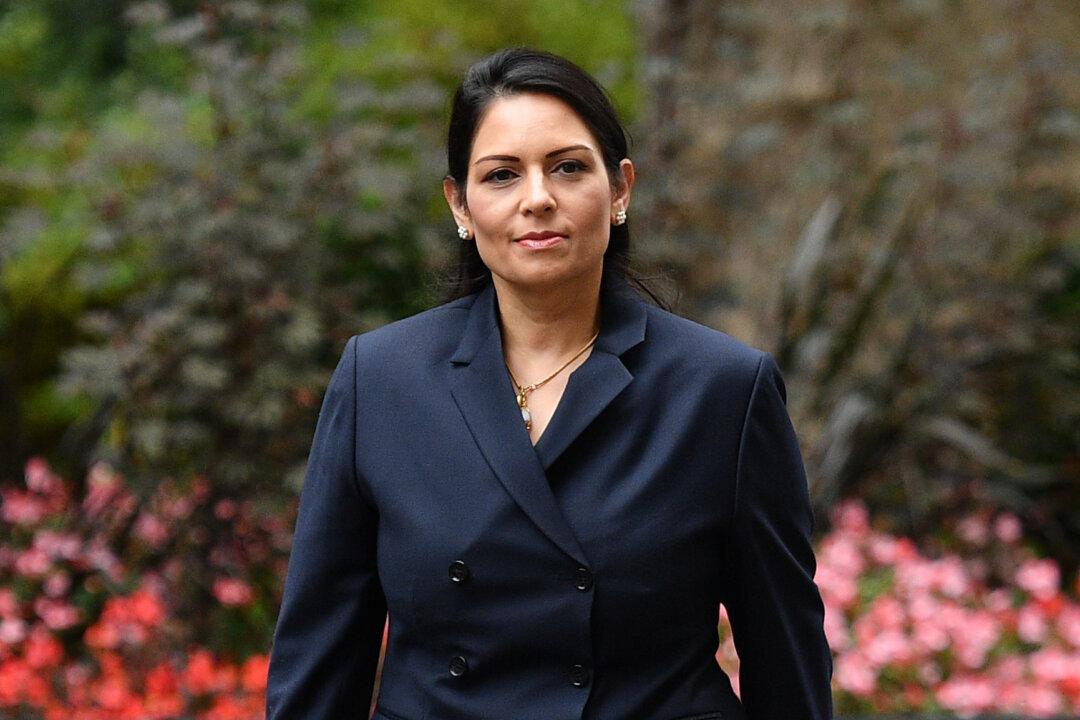The United Kingdom on Monday severed its last constitutional ties to EU immigration rules, with the passing of a bill that ends the bloc’s cornerstone principle of free movement.
Ending the freedom of movement was a key demand of many of those who supported Brexit. The new law means that EU citizens will be subject to the same immigration rules as people from the rest of the world in the new year—except those already living in the UK who have obtained or are applying for settled status.





